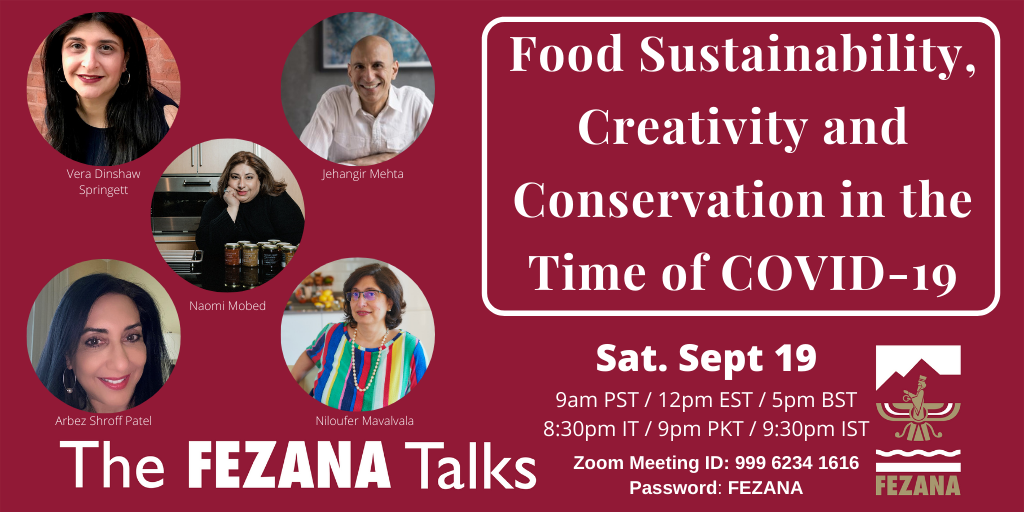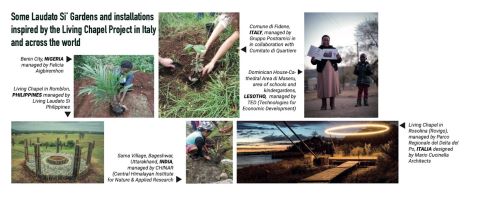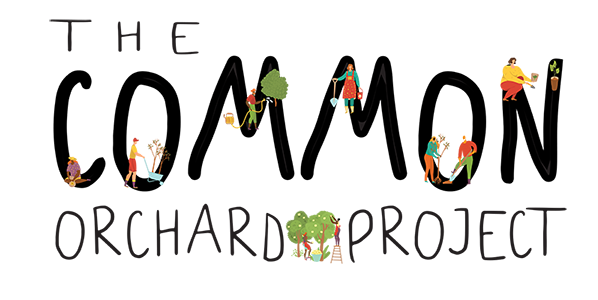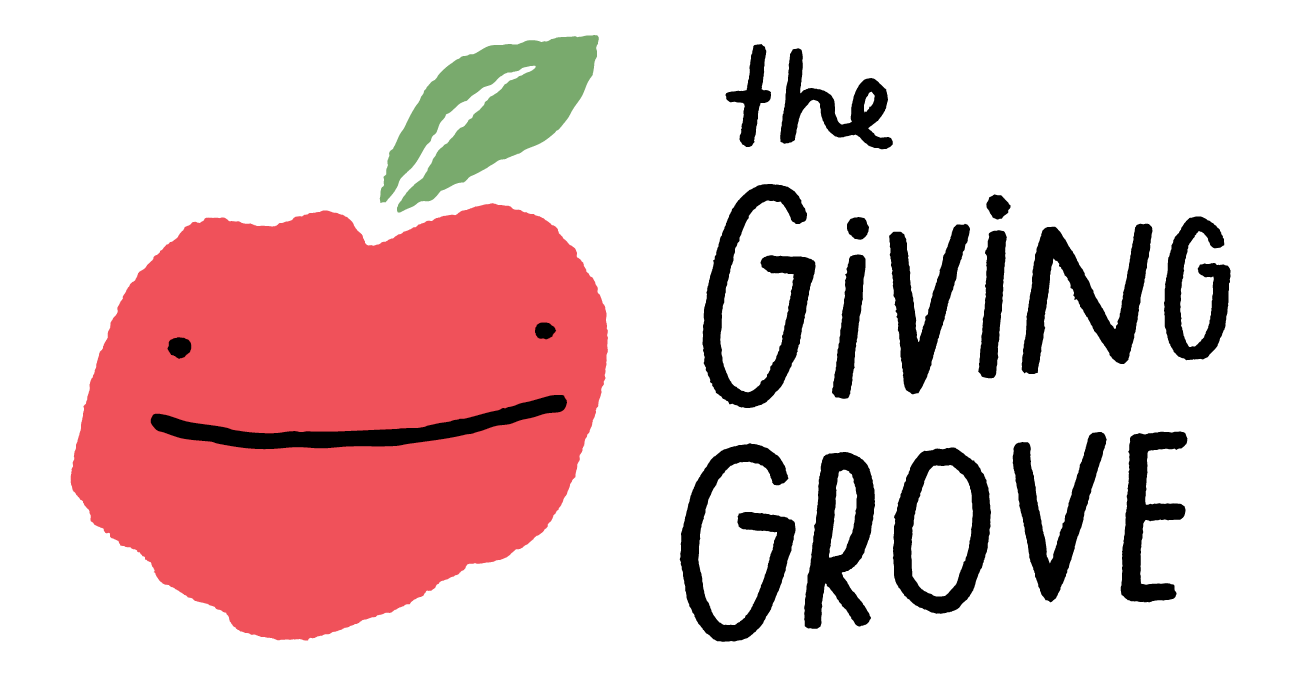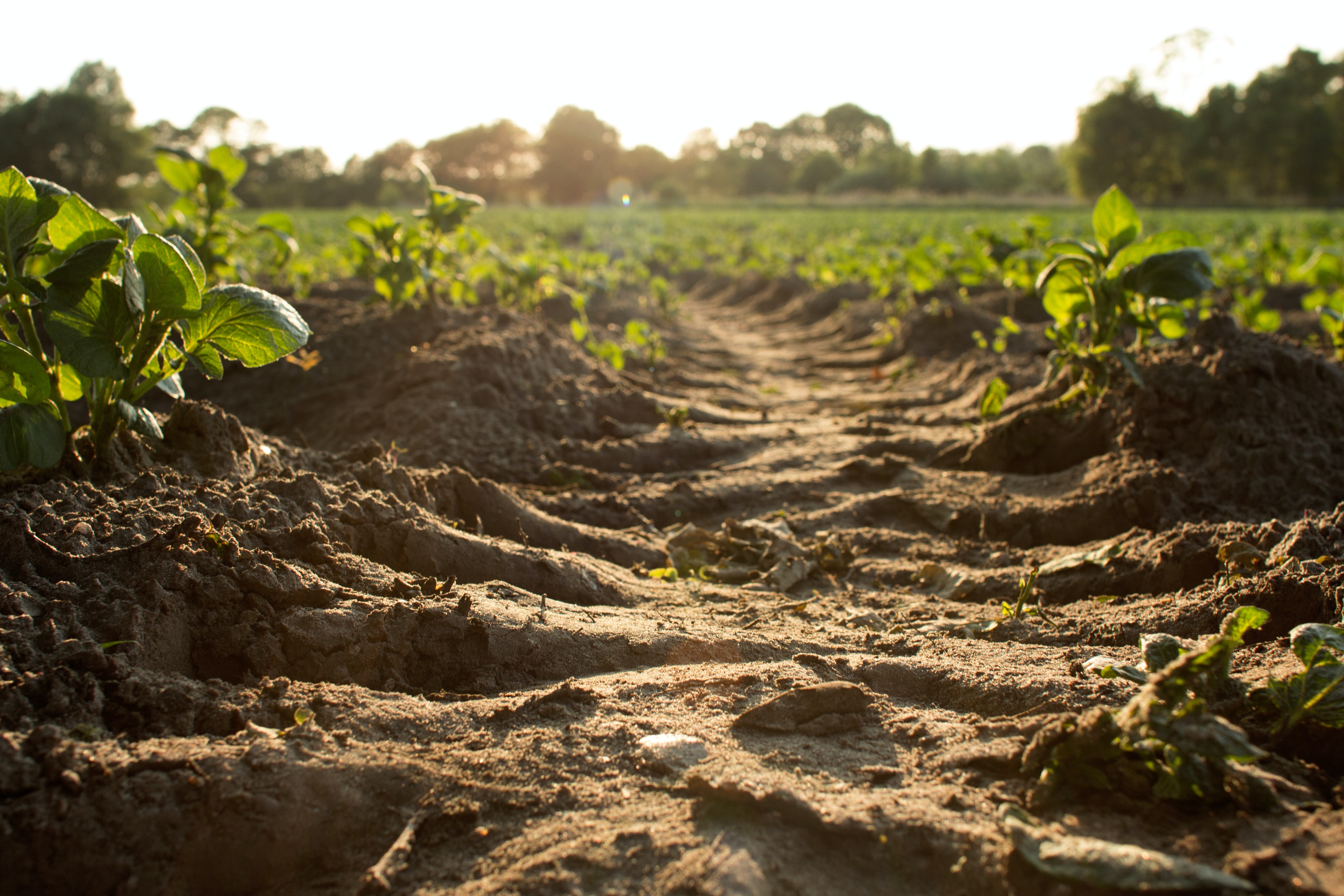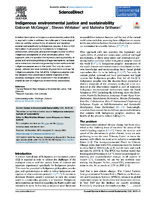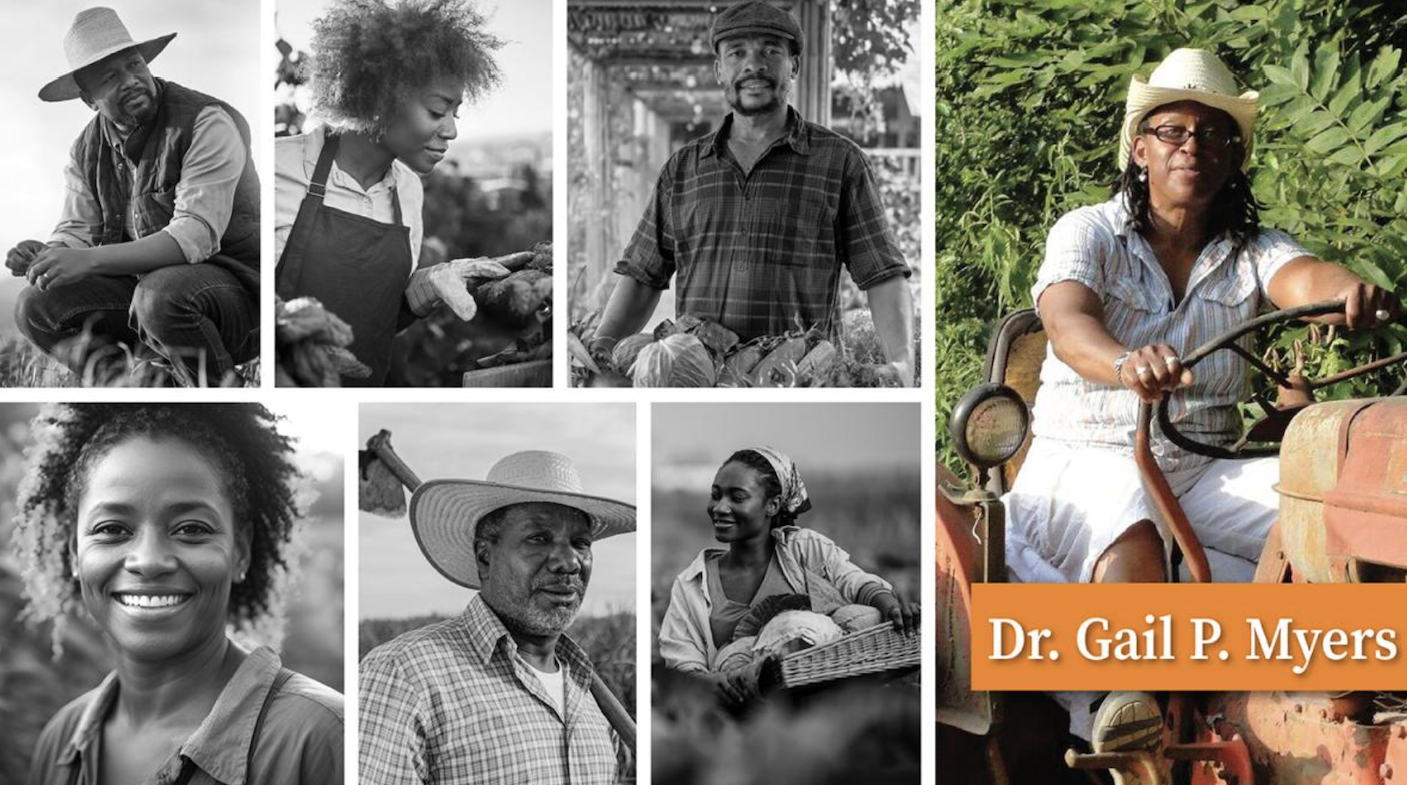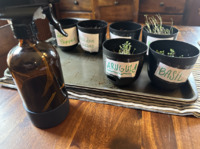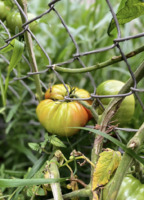Search
48 items
-
The FEZANA Talks #9: Food Sustainability, Creativity & Conservation During COVID-19
COVID has changed the way we eat, cook and live in many ways — good and bad. This discussion hosted by FEZANA (the Federation of Zoroastrian Associations of North America) focuses on the impact of the pandemic on the food supply chain, and how it affected the availability of the basics, leading people to get more creative in the kitchen. Everything from making our own bread to using leftovers to create new unexpected meals, has allowed people to ramp up their cooking skills, rely on sustainability and be more conscious of food wastage. Historically resembling the ways of our ancestors. -
Laudato Si’ Gardens in Schools and Institutions across Italy
The Living Chapel is expanding outreach for Laudato Si' Gardens to spaces managed by schools, governmental and non-governmental organizations encouraging participation in caring for our common home by supplying indigenous young plant species to various regions. This project distributes young plants throughout Italy for the recovery of degraded areas.
Outside Italy, Laudato Si’ Gardens shared a Four Element Package that symbolizes Air, Earth, Water, and Fire. -
The Living Chapel
The Living Chapel holds the sacrality of life at its core. It embodies a call to hope: a hope for a world in which the sacrality of life is truly recognized and felt by every being to give rise to a kinder, more compassionate, more peaceful life.
In partnership with the Food and Agriculture Organization of the United Nations, Plant for the Planet, and the Global Catholic Climate Movement, the Living Chapel will join the UN Environmental Programme's One Trillion Tree Movement, inspiring the public to reconnect with nature and providing a vehicle for intercultural and interfaith collaboration to restore our common home through the creation of Laudato Si' Gardens and Living Sacred Spaces. -
The Common Orchard Project (Incubated by Green Umbrella)
The Common Orchard Project works to install and maintain hundreds of small orchard plantings across Greater Cincinnati and grows “commonly held” resources by educating communities on fresh food and urban land management. These common orchards provide increased food access, tree canopy, walkable greenspace and community building in neighborhoods that have experienced disinvestment. Founded in 2017 by Chris Smyth, the effort has planted 12 orchards across Cincinnati and two in Cleveland, with plans to install 50 more by 2024.
In 2021, The Common Orchard Project was been adopted by Green Umbrella as an "accelerator project." Chris Smyth continues to serve as the director of the project as it incubates within Green Umbrella and will plant more orchards each year thanks to Giving Grove’s support. Learn more about the project at www.commonorchard.com. -
The Giving Grove
The mission of the Giving Grove is to provide healthy calories, strengthen community and improve the urban environment through a nationwide network of sustainable little orchards to dramatically increase access to healthy food.
The Giving Grove envisions:
- thousands of little orchards in food insecure urban neighborhoods across the nation;
- a system of local food production that feeds people for decades;
- a national network of neighborhood stewards trained in holistic methods for growing fruit; and
- urban neighborhoods transformed by their own work and generosity. -
A Bahá'í Compilation on Soil and Earth
This compilation gathers a selection of references to soil, earth and minerals in the Bahá'í Writings, including the ways these are referred to both symbolically and literally.
Contents:
Mineral Kingdom
Agriculture
Metaphorical Uses
Humility
Earth as Tomb
Rain on Soil
Fertile versus Barren
Cultivation - Divine Education -
Indigenous environmental justice and sustainability
Current Opinion in Environmental Sustainability
Volume 43, April 2020, Pages 35-40 -
Interfaith Rainforest Initiative (IRI) Campaign Videos
The Interfaith Rainforest Initiative (IRI) creates artistic and well-produced videos that accompany their programs on climate change education and awareness-raising in branch offices around the world.
These videos are great resources for those looking for multimedia inspirations that amplify sustainability communications efforts. -
ECHO Global Farm
ECHO introduces sustainable plants, climate-resilient techniques, and technologies to farmers around the world who are struggling to feed their families.
Through partnering with local NGOs, farmers, volunteers, and missionaries, ECHO is able to be efficient with their resources in providing aid where it's needed the most.
Empty bellies and empty hearts lead to pain and suffering for individuals, families, and communities across the world. ECHO believes that as active participants in the Great Commission and stewards of great agricultural knowledge, it is their duty to grow and make disciples. -
EPN Breakfast: Recognition of historical injustices in agriculture and the importance of environmental experiences for racial healing
"This program, on the 8th annual National Day of Racial Healing, addresses land access and explores the human connection to the environment through farming, gardening and other active outdoor activities and the ability for agricultural experiences and acknowledgement of historical injustices to serve as healing towards racial equity. The National Day of Racial Healing, part of the W.K. Kellogg Foundation’s Truth, Racial, Healing & Transformation efforts, is a time to contemplate our shared values and create the blueprint together for #HowWeHeal from the effects of racism. Launched on Jan. 17, 2017, National Day of Racial Healing is an opportunity to bring ALL people together in their common humanity and inspire collective action to create a more just and equitable world."
1/16/2024, 7:15-9:30 a.m.
Nationwide and Ohio Farm Bureau 4H Center
Columbus, OH
$25 for non-students, $5 for students, free for virtual participants -
How to Decolonize Your Thanksgiving Dinner
"If your favorite meats, legumes, vegetables, and fruits could talk to you this Thanksgiving, they would probably tell you all about the historical traumas that they've endured as they traveled and evolved through the Old World, New World, and finally as components in your favorite dish.
Welcome to the world of decolonial cuisine, a culinary movement with the goal of getting people with indigenous roots to honor their heritage through their dietary choices. In addition, the movement aims to simply allow people to become more conscious of where their food comes from and how it got there." -
The Clan of One-Breasted Women
In this excerpt, Terry Tempest Williams reflects on her family's long-running history of developing cancer that traces from nuclear testing in Nevada. Williams emphasizes her experience of coming to terms with deviating from Mormon norms if it means advocating for the U.S. government to take responsibility for liabilities regarding human health. Williams decides blind obediance will not get her anywhere, and she needs to start asking questions. -
Mid-Winter Stroll on a Pier
"A mid-winter stroll on a pier in beautiful Lake Erie. This lake is the most valued fishery in all of the Great Lakes. Keeping this lake clean is important for the human and non-human residents that depend on this water source. A resource that sustains all life." Taken by Gabriel Sanchez. Submitted to the RESTORExchange Sustainability Photo Contest. -
Locally Grown
"Selling food grown locally at a farmers market." Taken by Aayushi Soni. Submitted to the RESTORExchange Sustainability Contest. -
Backpackers
"Backpackers hike through green woods in this peaceful mountain setting, with a soft gray sky overhead. Cows graze in the area nearby, blending in perfectly with the quiet surroundings. This harmonious existence is a representation of sustainable life, in which people and animals coexist on the land with appreciation and respect. We guarantee the protection of this natural sanctuary so that future generations can continue to appreciate its unspoiled beauty through ethical exploration and efforts to conserve." Taken by Eszter Horompoli-Toth. Submitted to the RESTORExchange Sustainability Photo Contest. -
Family Farm
"This photo was taken as my father took us around what used to be the family farm. It was sold in 2016 as excessive banana farming dried up the rivers nearby and became unsustainable. As of now, livestock has begun to thrive again as the cessation of banana farming on the land has allowed for the land to return to what it was before." Taken by Cristian Vallecillo. Submitted to the RESTORExchange Sustainability Photo Contest. -
My Flock
"Pictured is a chick I am raising for my flock. The chickens are raised with sustainable feeding methods, including grazing for worms, bugs, and plants outside. Their waste is used as fertilizer for my summer garden!" Taken by Reily Jacobs Bell. Submitted to the RESTORExchange Sustainability Photo Contest. -
Panama Fair Trade Coffee
"Panama Fair Trade Coffee". Taken by Lia Van Wees. Submitted to the RESTORExchange Sustainability Photo Contest. -
Growing Starters
"Growing starters with the whole family builds appreciation for the growing process and how our food comes to be. I especially love that the labels were drawn by my 10yo daughter." Taken by Kimberly Winslow. Submitted to the RESTORExchange Sustainability Contest. -
Herb Garden
"Marinara jars filled with dirt being used to start and herb garden. This reuses the glass jars, and the grown herbs can be used in cooking." Taken by Hannah Herrmann. Submitted to the RESTORExchange Sustainability Photo Contest. -
Entangled Tomato
"Entangled Tomato: Demonstrating adaptation, growth, and commitment to sustainable food systems amidst the obstacles of an urban environment." Taken by Prabhjot Singh. Submitted to the RESTORExchange Sustainability Photo Contest. -
Greening the Parish - Greek Orthodox Archdiocese of America
Greening the Parish is an initiative started by the Department of Inter-Orthodox, Ecunemical and Interfaith relations. It was inspired by the work of Patriarch Bartholomew, who is more commonly known as the Green Patriarch. On this website, there are initiatives, practices, and educational materials that teach environmental stewardship. -
From Egoism to Ecoism: Psychedelics Increase Nature Relatedness in a State-Mediated and Context-Dependent Manner
This article describes the correlations between psychedelic use and nature relatedness. The surveyors used questionnaires 1 week before, 2 weeks after, 4, and 2 years after the dose given. They concluded that due to the consistent positive affects on the subjects, the use of psychedelic treatment bears relevance on mental and planetary health.

